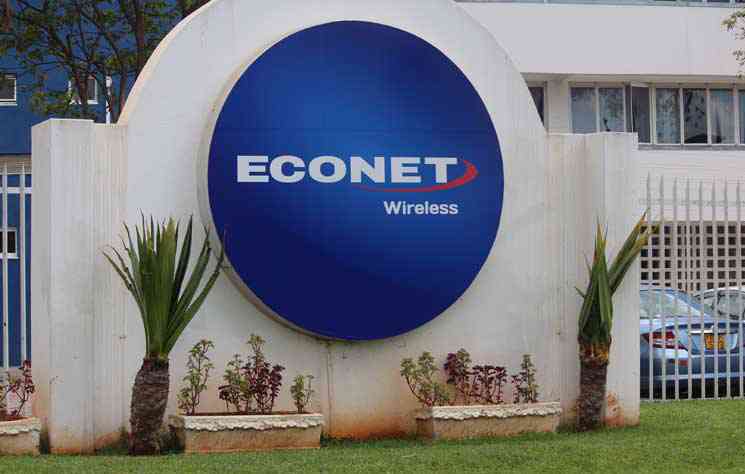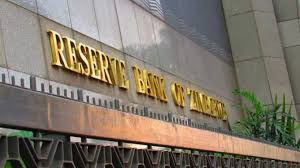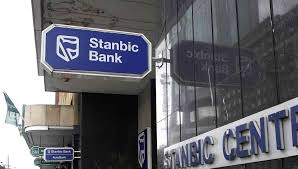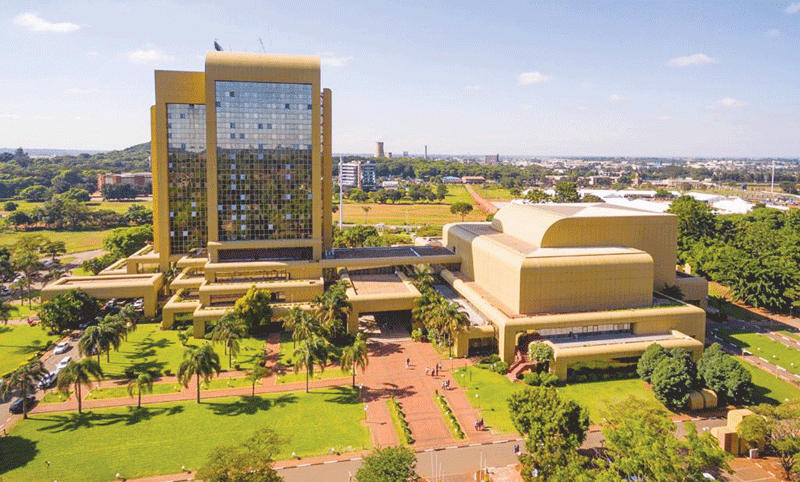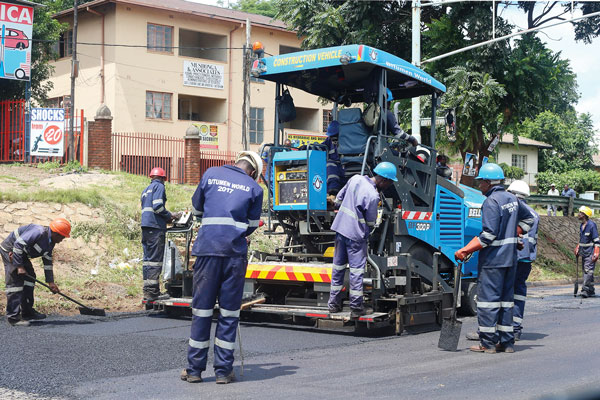
Given that public-private-partnership (PPP) contract obligations for the designing, construction, operation and maintenance of the project is solely the responsibility of the private sector partner, many of such procurement processes’ focus is limited to the contract signature and financial closure that leads to the implementation of the project. They forget that the contract signature and financial closure is just the beginning of the critical part of the project implementation, where the procuring entity should concentrate and focus on the project management. This has left most PPP projects without any or if it is available, inadequate contract management systems to oversee its implementation.
PURCHASING & SUPPLY: NYASHA CHIZU

The success of a PPP project is rooted on effective planning. However, adequate planning does not in itself guarantee the success of the project. The procuring entity must develop and adopt PPP implementation manuals that shall form the basis of effective contract management. There is a requirement for adequate PPP contract management systems within the procuring entity. Such systems require that the procuring entity establishes a PPP contract management team that shall involve personnel that were involved in the project design as well as other PPP procurement consultants and, in some cases, engineering, procurement and construction (EPC) experts.
The PPP implementation manual provides for project monitoring and evaluation mechanisms. The monitoring and evaluation systems of PPP contracts form the basis of risk management systems as well as project performance measurement. The demand for a review or renegotiation of a PPP project only emanates from a proper monitoring and evaluation programme that assesses the performance of the project as described in the manual. Lack of such mechanisms leads to a situation where procuring entities or private parties pushing for renegotiation of a project without any basis and such processes do not succeed and in most cases, they affect the performance of well-meaning projects.
Some of the risks in a PPP project include potential changes in the structure of the private partner that have potential to influence the quality of the project in a negative way. Award of PPP projects considers the composition of the PPP partners in terms of the availability of skills and experience to undertake the project. The PPP implementation manual should then be express on the means of monitoring resources available for the project. In the case that the change in resources is inevitable, there must be provisions to monitor or to evaluate the qualifications of the proposed replacement to ensure that they match or exceed the skills that were proposed initially in the project proposal.
PPP contract management provisions include provisions for modification and renegotiation. These issues need to be regulated effectively since they can be strategically abused by either the private party or the procuring entity at the expense of the effectiveness of the project. This include issues that are likely to arise given the prolonged duration of such projects that involve specific circumstances relating to force majeure, action by the government that is materially adverse to the project, changes in laws or refinancing. Such issues need to be clearly defined in the PPP implementation manual.
Like any other contract, disputes are likely to arise. The PPP contract management manual as well as the PPP contract must provide for dispute resolution mechanism that are efficient. Parties must have dispute resolution provisions that are consistent with the law and satisfactory to both parties. This include provisions to protect lenders in the case that the PPP project is not performing well. Lenders are supposed to be given step-in rights in cases where the lender is in default or the PPP project is under threat of termination for failure to meet service obligations. It also includes the grounds for terminating the PPP project that specify the associated consequences on both parties.
Going forward, the country should ensure that all existing PPP projects develop in retrospectto PPP implementation manuals that are agreed by both parties for the effective monitoring and evaluation of such projects.
- Chamisa under fire over US$120K donation
- Mavhunga puts DeMbare into Chibuku quarterfinals
- Pension funds bet on Cabora Bassa oilfields
- Councils defy govt fire tender directive
Keep Reading
Nyasha Chizu is a fellow of the Chartered Institute of Procurement and Supply writing in his personal capacity. Feedback: [email protected] Skype: nyasha.chizu


